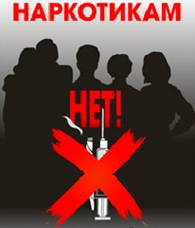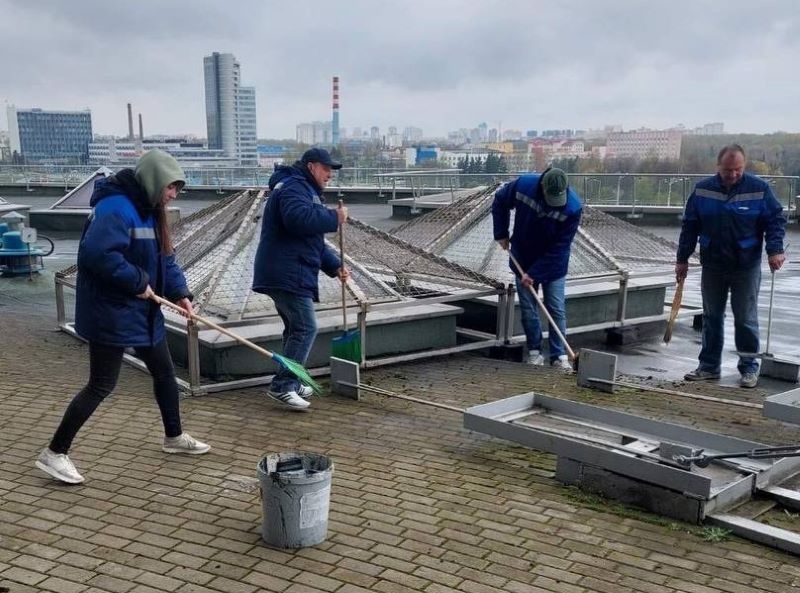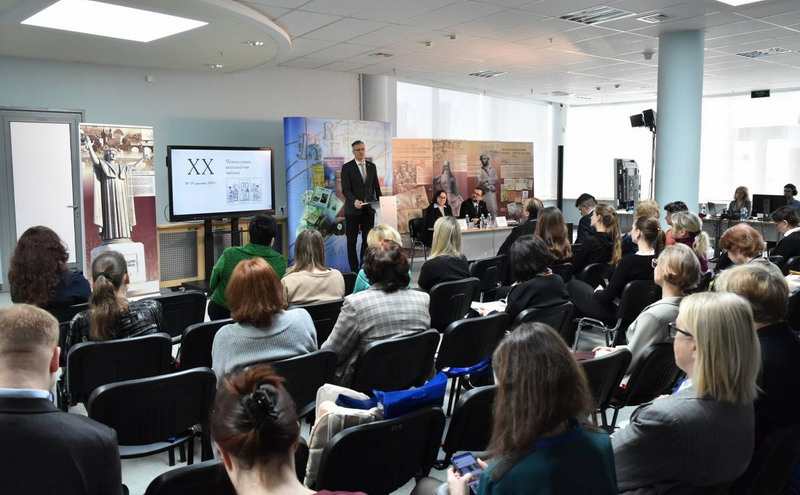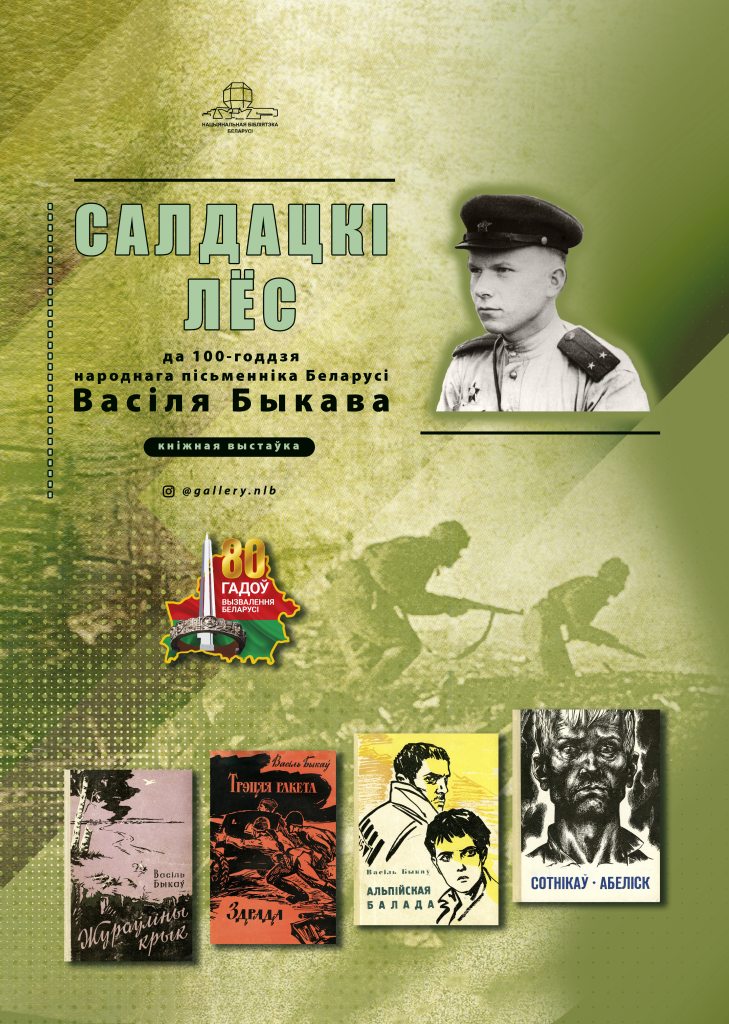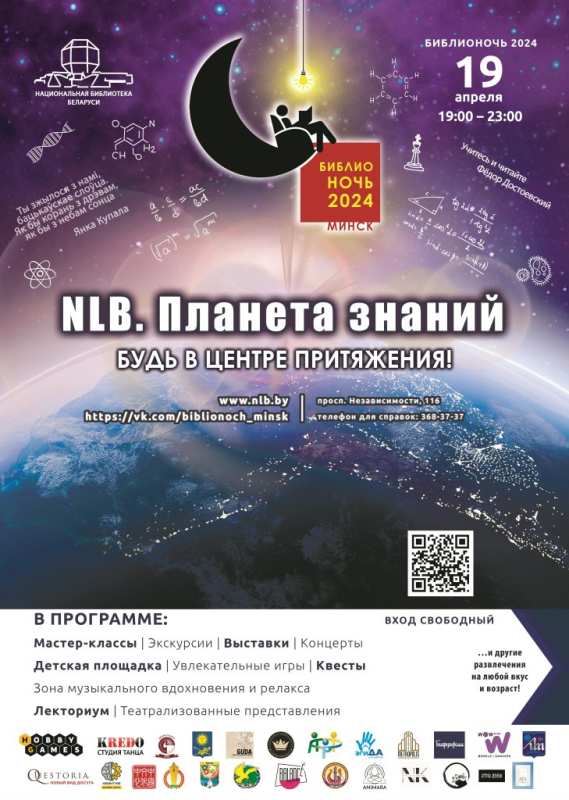From June 18 to 16 July, the exhibition "Drugs are a modern global threat", dedicated to the International Day against Drug Abuse and Illicit Trafficking, runs in the Documents of International Organizations Reading Room (room 207g).
This day was proclaimed by the General Assembly on 7 December, 1987 (resolution 42/112). It is celebrated annually on 26 June.
The history of drug control or at least attempts to somehow control their turnover has more than 100 years old. In February 1909, the Shanghai Opium Commission, which was attended by 13 countries, tried to find ways to limit importation of drugs from Asian countries. Today, a century later, our society is still far from solving the problem. It became only more critical. For smoking, instead of opium, "hard" drugs came for intravenous abuse, the prevalence of drug abuse is increasing; drug abusers are younger and younger. Today, according to the UN in the world drugs are taken by more than 210 million people aged from 14 to 64 years. Nearly 200 000 people annually died because of drugs.
In recent years drug trafficking, once perceived as a social and criminal problem, has become a serious global threat, which has become one of the major threats of the 21st century. A destructive power of drugs destroys lives without paying attention to state limitations, age or social status. In 1998, during its special session, devoted to joint struggle against the world drug problem, the General Assembly adopted the Political Declaration on Drugs, in which it is, in particular, said: "Drugs are a grave danger to the health and welfare of all Mankind, the independence of states, democracy, the structure of all societies, as well as the dignity and hope of millions of people and their families. They damage the socio-economic and political stability of society and its sustainable development".
Drug abuse leads to loss of earnings, a sharp increase in spending on health protection, family disintegration and deterioration of the situation where addicts live. Intravenous drug abuse leads to the rapid spread of HIV / AIDS and hepatitis. There is a direct link between drugs and increasing levels of crime and violence. Drug cartels undermine the work of government and corrupt legitimate businesses. The price of drug addiction, from the point of view of financial and social costs, is enormous. Enormous sums are spent every year to strengthen the police, border forces, judicial systems, as well as to treatment programs and rehabilitation.
Realizing the seriousness of the threat, the UN is seriously engaged in international drug control. For this purpose, there was established the Commission on Narcotic Drugs, which is the main intergovernmental body for policy making and coordinating body on international drug control. Containing 53 member states, including Belarus, the Commission analyzes the situation with drug abuse on a global scale and is preparing proposals to strengthen international drug control.
The spread of drug abuse in the Republic of Belarus, as well as in other countries, is a global threat to human health, economy, law and order and national security. Currently, the Republic of Belarus State Program activities are implemented comprehensive measures against drug abuse, drug trafficking and related offenses in the Republic of Belarus for 2009–2013. Belarus is a country-member of the Single Convention on Narcotic Drugs, the Convention on Psychotropic Substances, as well as the UN Convention against Illicit Traffic in Narcotic Drugs and Psychotropic Substances. These documents are available at the exhibition.
The exhibition consists of the following sections:
- Drugs and society: historical review;
- Legal measures against drug trafficking and international control over their distribution;
- Prevention and drug prevention, treatment and rehabilitation of drug addiction;
- Struggle against drug abuse and drug trafficking in Belarus.
The exhibition features more than 60 papers in Russian, German, French and English. It is mainly documents of international organizations, books, periodicals, mimeographed materials Nations, brochures.
The exhibition is of great interest to social and health workers, law enforcement officers, teachers and students, teachers and parents, as well as anyone interested in the problems of drug addiction.
Useful references
- International Day against Drug Abuse and Illicit Trafficking
- World Drug Campaign
- United Nations Office on Drugs and Crime (UNODC)
- Commission on Narcotic Drugs
- International Committee for Drug Control
- Struggle against Illicit Drugs
- The 20th Special Session of the UN General Assembly, devoted to joint struggle against the world drug problem (8–10 June 1998)
- Injectable Drugs: the dirty secret of the AIDS epidemic
- World Health Organization (WHO)
- United Nations Decade against Drug Abuse (1991–2000)
Documents
- World Drug Report
- General Assembly Resolution
- Reports of the Secretary-General
- Reports to the Commission on Narcotic Drugs
- Reports of the International Committee for Drug Control
- Declarations
- Conventions and Agreements
 |
 |
 |
 |

